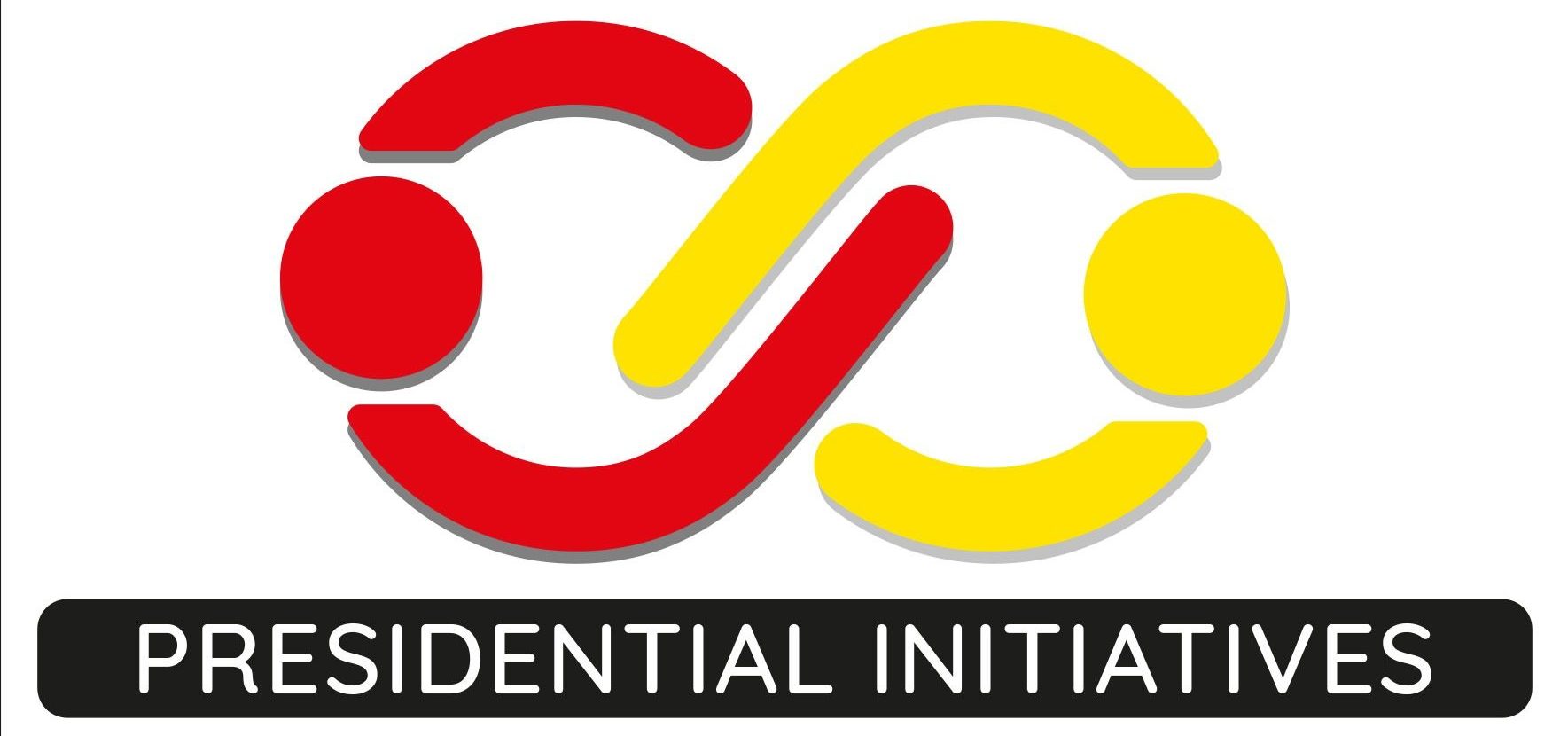
Researchers from the College of Engineering, Design, Art, and Technology (CEDAT) have developed an Artificial Intelligence-based solution to aid in the translation of written Luganda text into speech.
A team of researchers, lead by Principal Investigator Dr. Ronald Kizito from the Electrical and Computer Engineering Department, conducted a study titled ‘A Luganda Neural Text-To-Speech System for Health Promotion and Accessibility’.
The study, funded by the Ugandan government through the Makerere University Research and Innovation Fund (MAKRIF), aimed to develop an innovation that will aid in the dissemination of health messages to a large Luganda-speaking audience who may not be able to read written text, which is typically used in the distribution of information through literature such as fliers.
During a research dissemination lecture at the institution on Tuesday, Dr. Ronald Kizito stated that communication was all about conveying knowledge through whatever media was available, and that the most efficient means to do so needed to be identified.
He stated that the study was one means of guaranteeing that messages reach their intended recipients by implementing such procedures to address what typically leads to communication breakdown.
He added that various factors influence effective message delivery, including vision impairment, illiteracy, and a physical condition that, in some cases, prevents one from reading Luganda, prompting the innovation.
The multi-year study project is also being carried out by Dr. Andrew Karumba, Dr. Jonathan Serugunda, Dr. Samai Namyalo from Linguistics, and Dr. Deo Kawalya from the Literature Department.
Dr. Jane N. Kiyimba, speaking on behalf of the Dean, School of Engineering Association.
Dorothy Okello and Dr. Abubaker Wasswa Matovu, Head of the Department of Electrical and Computer Engineering, were optimistic that the research findings will benefit a broad segment of the Luganda-speaking society.
“We have artificial intelligence, and it is here to stay,” she added, asking attendees to use it for the betterment of humanity. She praised the team on their efforts throughout the first year of project implementation.
Shalina Kawuma, a Sociologist from the Ministry of Health’s Department of Health Promotion, Education, and Communication, represented Ag Commissioner Richard Kabanda at the dissemination event.
She invited the research team to the Health information technical working group to share the research findings.
She explained that the committee made up of many groups would be important in gathering feedback into the work, disseminating it, and ensuring that the Ministry of Health uses the results to improve areas that aren’t working effectively.
She stated that the Ministry of Health generally sends out communications in Luganda; however, 17 million Ugandans who speak Luganda suffer from illiteracy, visual impairment, and physical disability, making it impossible for them to access a document. She mentioned how useful it was to use the Software program that can read this content aloud.
The narrative is good and we have been wasting a lot of time since we are involved in audio-visual print, getting the narrative fast will be helpful especially if it can work in all other 21 languages in the country, she said.
The study, ‘A Luganda Neural Text-To-Speech System for Health Promotion and Accessibility for Health Promotion and Accessibility’ is aimed at creating a Luganda TTS model, building a 10 million word Luganda Text corpus, and building a 20-hour single speaker Luganda speech Dataset.
The Methodology used was a collection of text corpus- record script- Audio and train TTS model.
Currently, the results include a 10-million-word corpus, a 20-hour speech corpus, and a Luganda TTS model. The goal is to get any feasible word or letter combination that the computer will be able to read.
